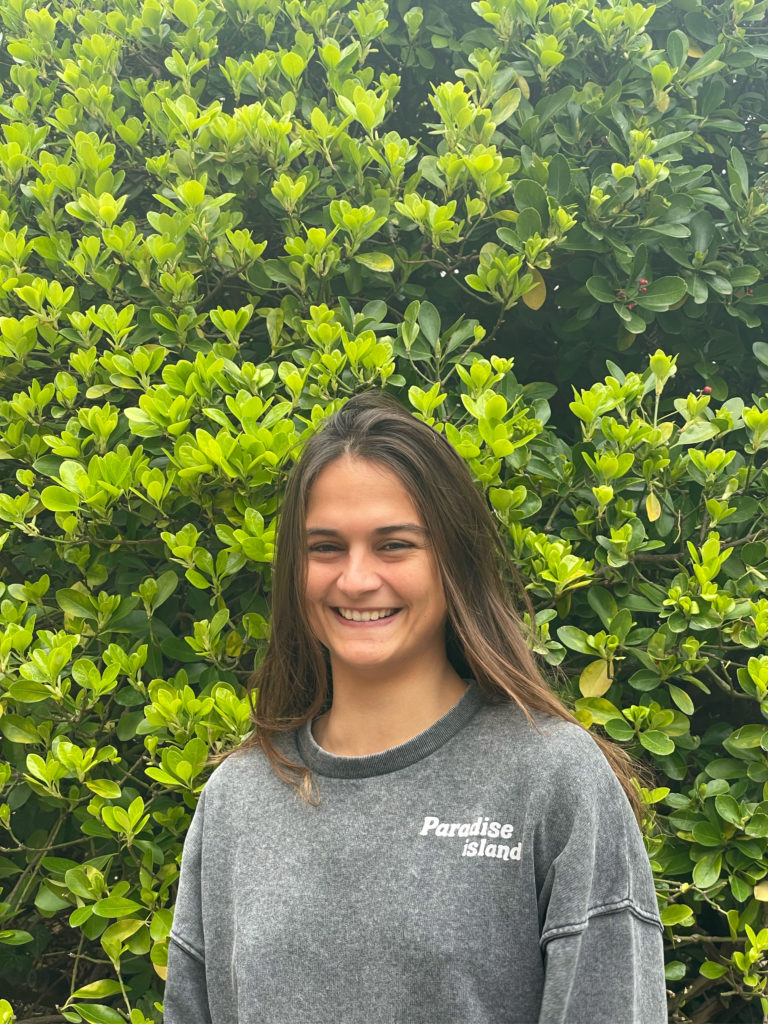ESR project 12
Improving postural stability after lower limb injury through joint action
Host Institution: Faculty of Human Kinetics
Department that hosts the PhD: Department of Sports and Health
Supervisors involved: Dr. Passos, Prof. dr. Bootsma, Dr. Oliveira
Project description
This project seeks to demonstrate that training standing participants on a manual joint-action task results in changes in individual participants’ postural organization. The goal is to develop and test a novel, joint action-based rehabilitation method for improving postural stability in individuals recovering from lower-limb injuries. This project embrace two levels of learning: i) task level, which mean that people can learn the task, improving performance; ii) postural level, which means that people learn how to (re)use a reconstructed lower limb joint structure. In the task two or more people jointly hold a large circular platform and manipulate its orientation, so as to roll a marble over the platform to a goal. Each individual’s bimanual actions not only affect the platform’s orientation but also the force-fields acting upon all participants’ bodies through their hands. The project focuses on the supplementary constraints imposed on postural organization by such a soft (upper-limb mediated) mechanical coupling between participants. Primary rehabilitation targets are individuals with disturbed proprioception at the knee joint following anterior cruciate ligament reconstruction (ACLR). Improving collaboration by training on the task is expected to result in increased between-participant complementarity, accompanied by task-induced reorganization of each individual’s postural system. Experiments with healthy participants allow quantifying and characterizing participant complementarity and postural reorganization in individuals. Experiments with different combinations of healthy and post-ACLR participants evaluate the beneficial effects on postural organization in clinical participants brought about by learning to functionally re-use the knee. The expected results are a demonstration of postural reorganization over learning to perform the joint-action task and a demonstration of improved postural stability after training of post-ACLR participants.

About ESR12-Anaëlle Cheillan
I come from Marseille in France where I studied for five years Sport and Movement Science at Aix-Marseille University at the Luminy Campus. This is where I used to climb with my friends and where I got curious about how humans deal with the informational and motor complexity of their interactions with the environment. In 2021, I completed my MSc in Sport Science at Aix-Marseille University. My motivation to join REPAIRS was the amazement of how many and various sports and art skills humans can learn and the reward by helping others through rehabilitation
I enjoy surfing, music, exploring nature, meeting beautiful people… and surfing again!